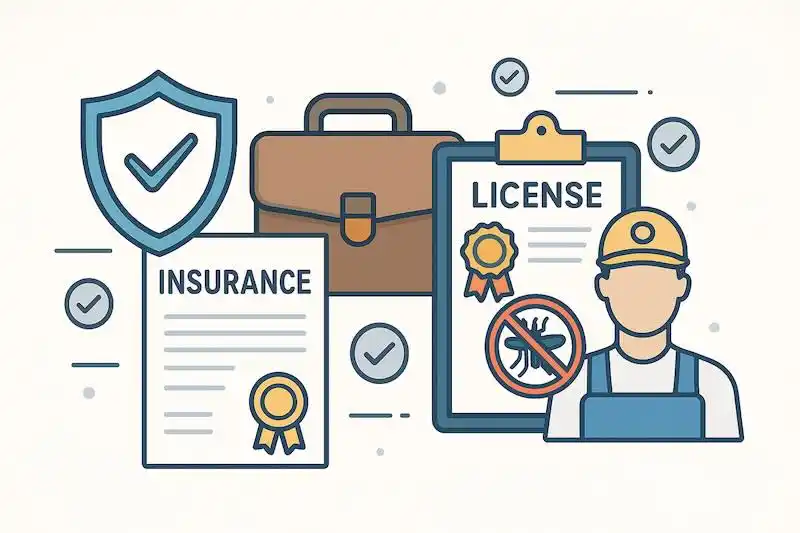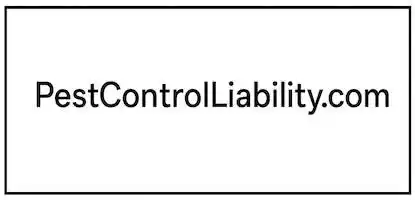Hiring a pest control company may seem like a simple decision, but there’s more to it than just comparing prices. One important factor that’s often overlooked is whether the company carries proper insurance.
Whether you’re dealing with mosquitoes, ants, termites, or rodents, it’s smart to make sure the people working on your property are licensed, insured, and qualified to do the job safely and legally.
Here’s what you need to know about pest control insurance and why it matters.
1. Why Pest Control Insurance Exists
Pest control companies deal with chemicals, application equipment, and potential property risks. Insurance helps protect both the company and the customer in case something goes wrong.
For example, what if:
- A technician accidentally damages your home?
- A chemical application causes harm to pets, landscaping, or neighbors?
- An employee gets injured while working on your property?
These are real risks. Quality insurance coverage helps ensure that claims are handled properly and that homeowners are not left responsible for accidents caused by someone else’s work.
2. Look for Proof of Licensing and Insurance
Before you let anyone apply treatments around your home, ask a few key questions:
- Are you licensed by the state to perform pest control services?
- Do you carry general liability and workers’ compensation insurance?
- Can you provide a certificate of insurance upon request?
In Michigan, all pest control operators must be licensed by the Department of Agriculture and Rural Development. Licensing ensures that applicators understand proper safety, chemical handling, and treatment methods.
3. What Should Insurance Cover?
While coverage can vary, most reputable pest control companies carry at least:
- General Liability Insurance: Covers property damage or personal injury caused by the service.
- Workers’ Compensation Insurance: Protects you and the company if a technician is injured on your property.
- Pollution Liability Coverage: Optional, but important. Covers claims related to improper pesticide use or chemical spills.
If a company is subcontracting part of the work, ask whether those workers are also insured under the policy.
4. Why It Matters for Homeowners
If a pest control company is uninsured or underinsured and something goes wrong, the cost could fall back on you. Insurance is not just a sign of professionalism—it’s a layer of protection for your property, your health, and your peace of mind.
Even if you’re only hiring someone for a one-time mosquito spray or a seasonal visit, it’s worth taking a few minutes to verify their credentials.
5. How to Verify Insurance and Licensing
Ask for documentation upfront. Most professional companies are happy to share proof of insurance and licensing. You can also check with your state’s regulatory agency to confirm a license is active and valid.
Be cautious of companies that:
- Can’t provide proof of insurance
- Refuse to show a license
- Pressure you to book quickly without answering questions
Quality pest control is about more than results... it’s also about doing things the right way.
 Final Thoughts
Final Thoughts
Not all pest control companies are created equal. Taking time to check for proper insurance and state licensing can save you money, stress, and potential legal trouble in the long run.
If you’re a homeowner looking for mosquito treatments or general pest management, ask the right questions before you hire. Make sure you’re working with a provider who takes safety, compliance, and professionalism seriously.









